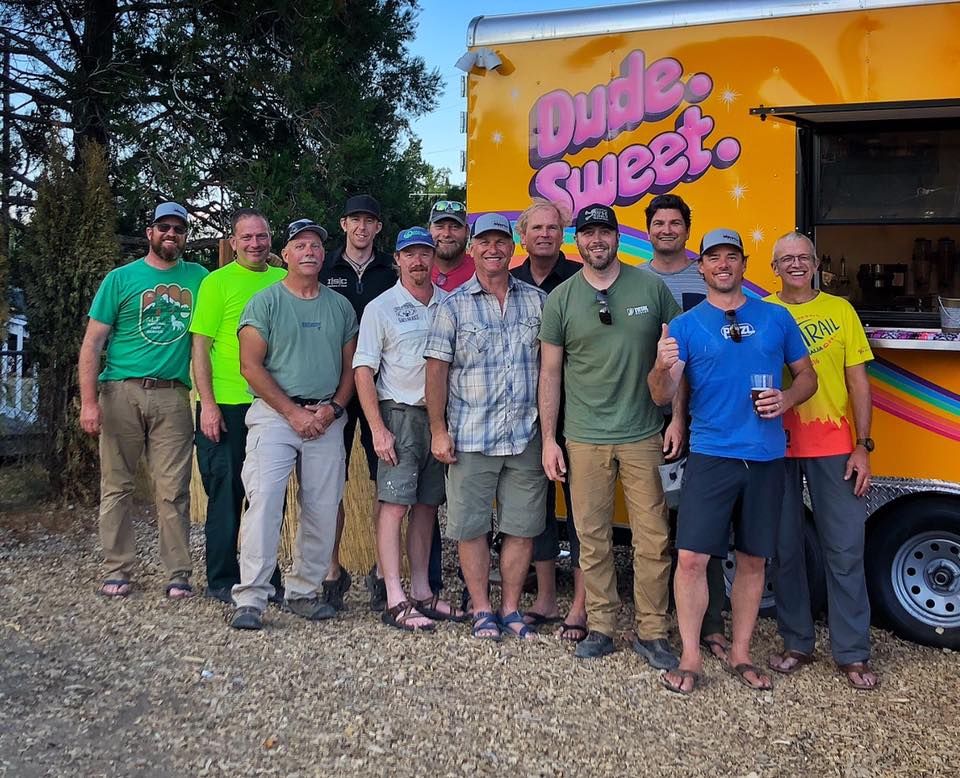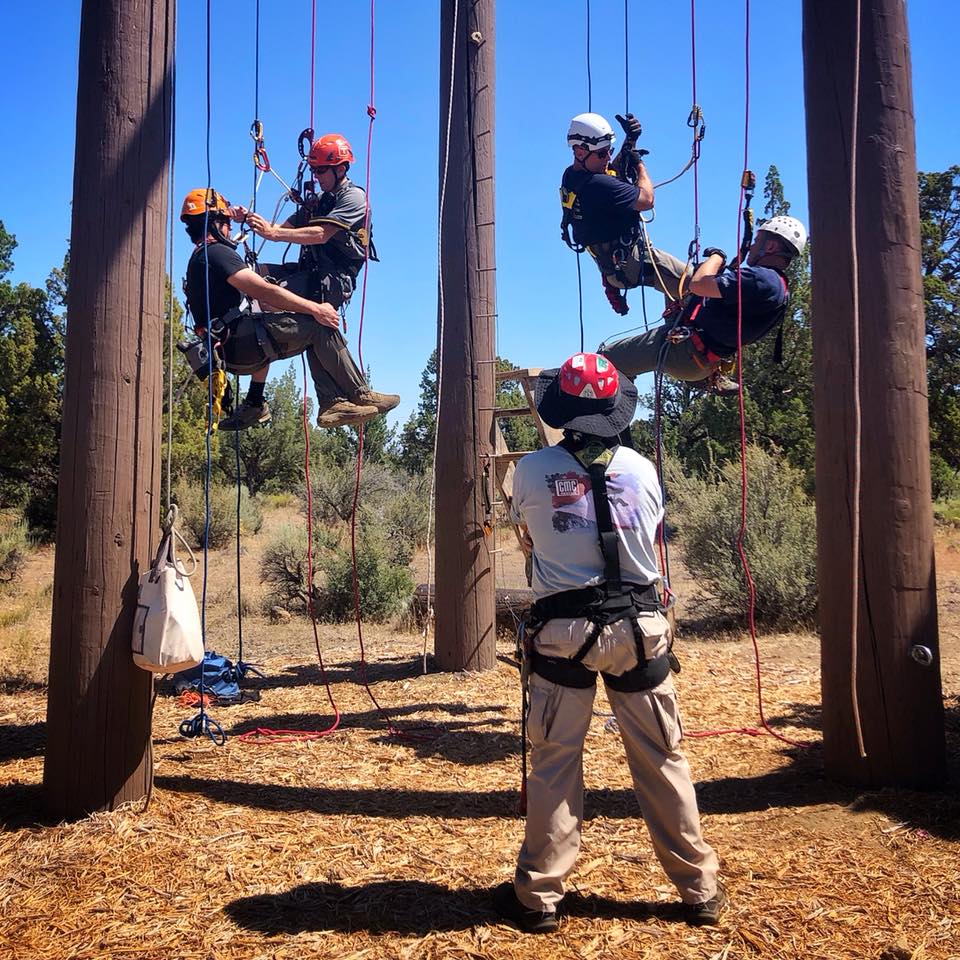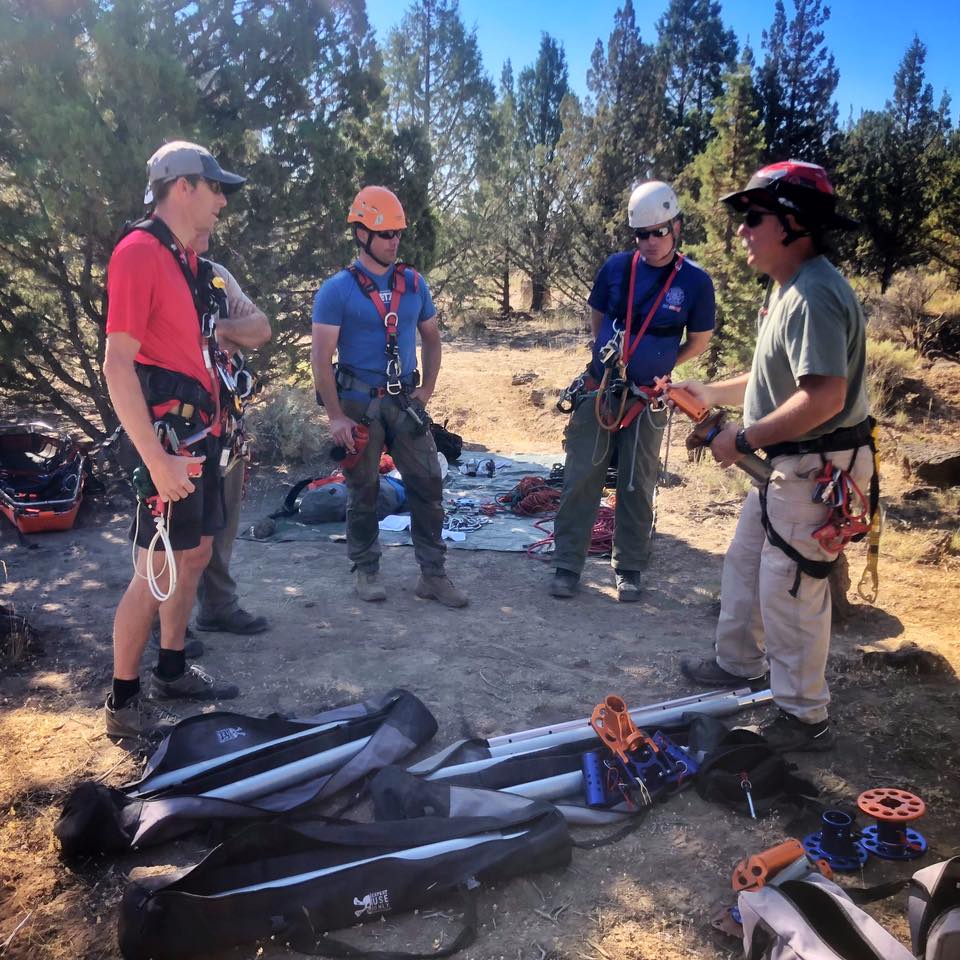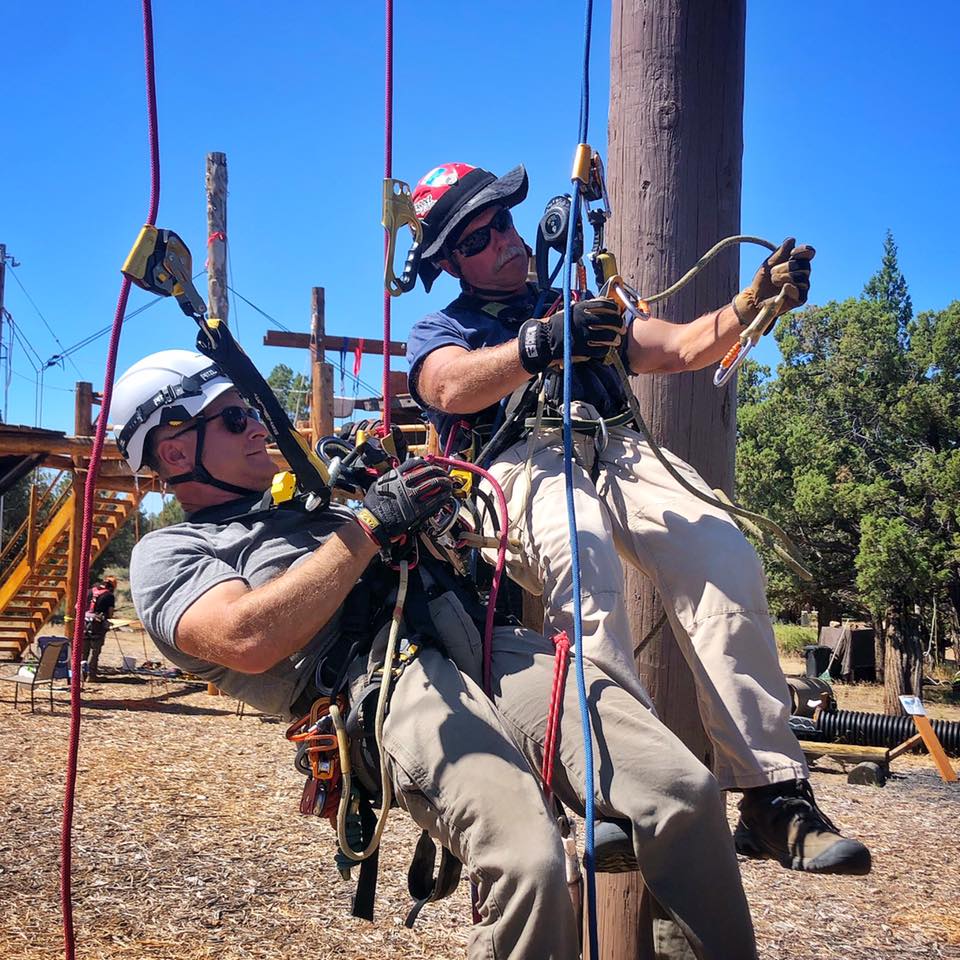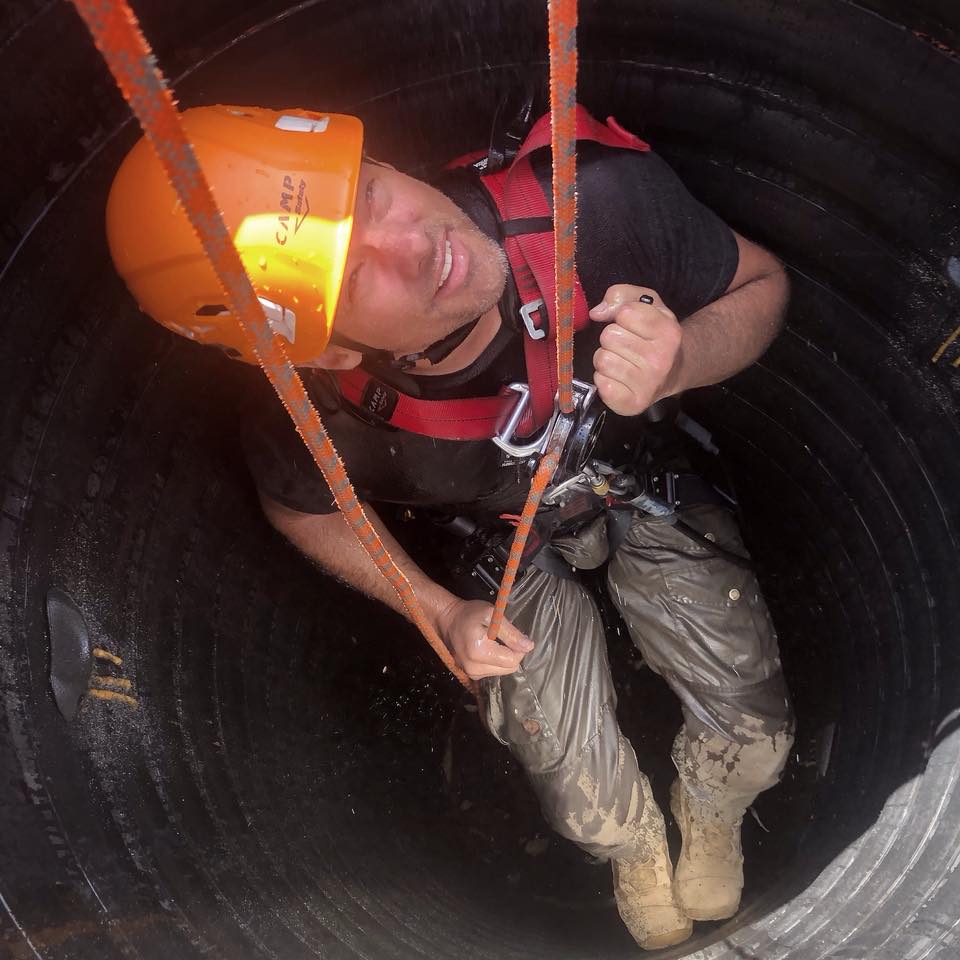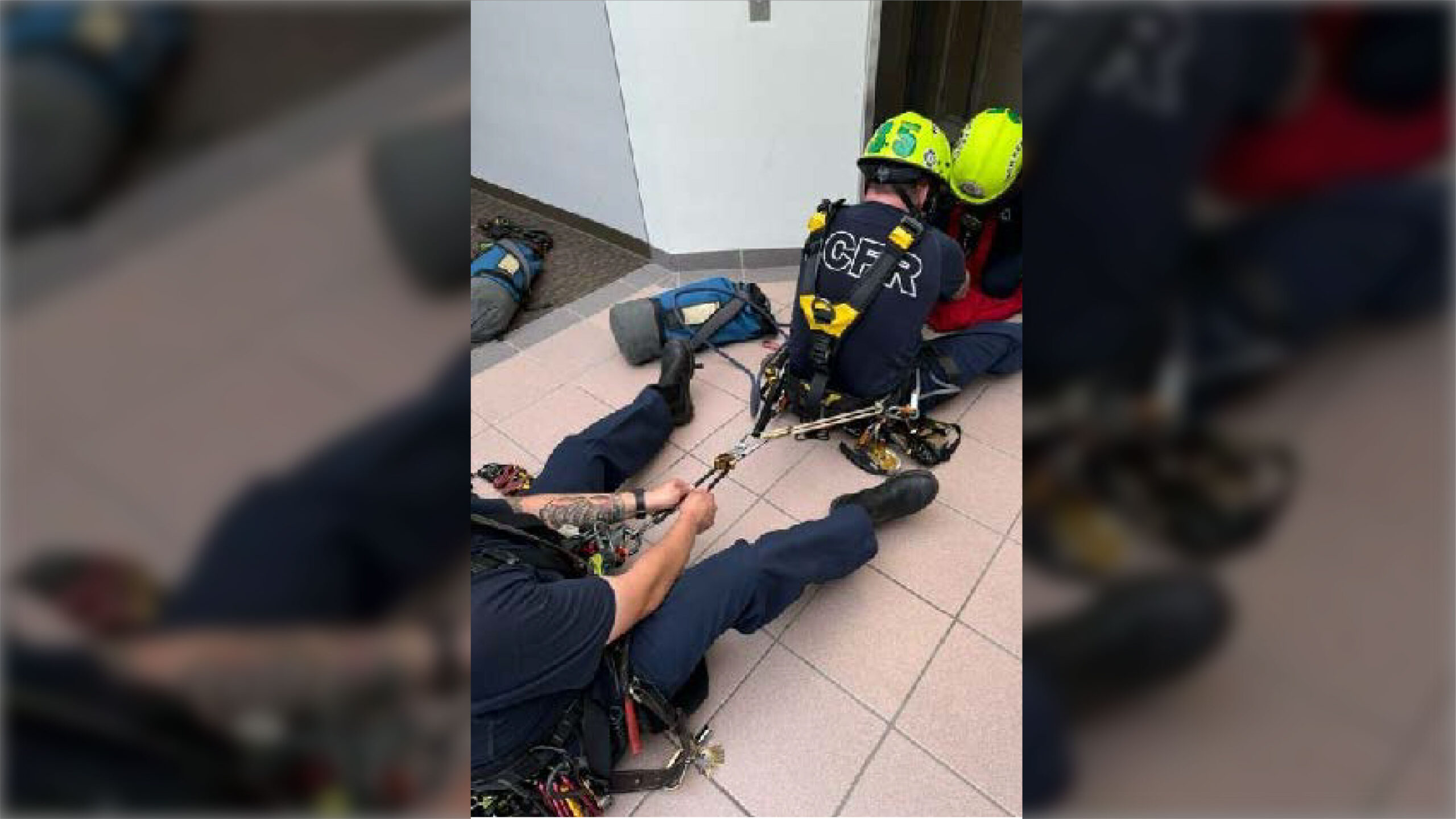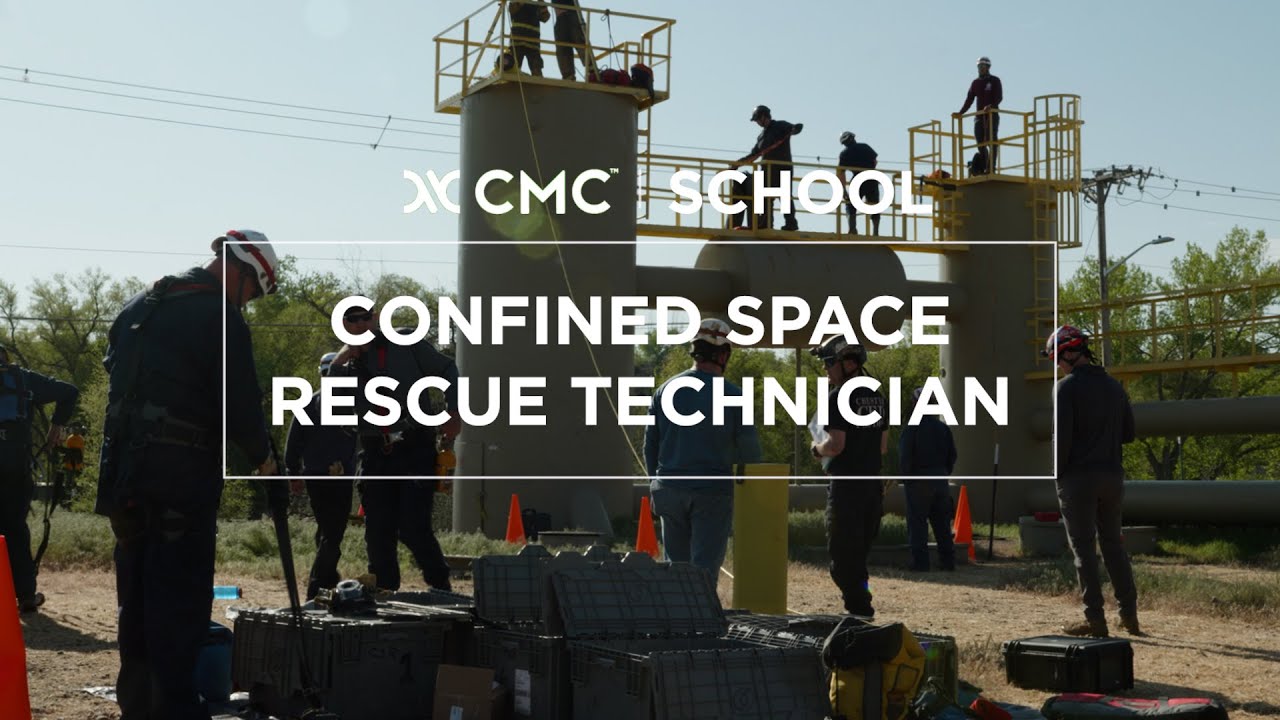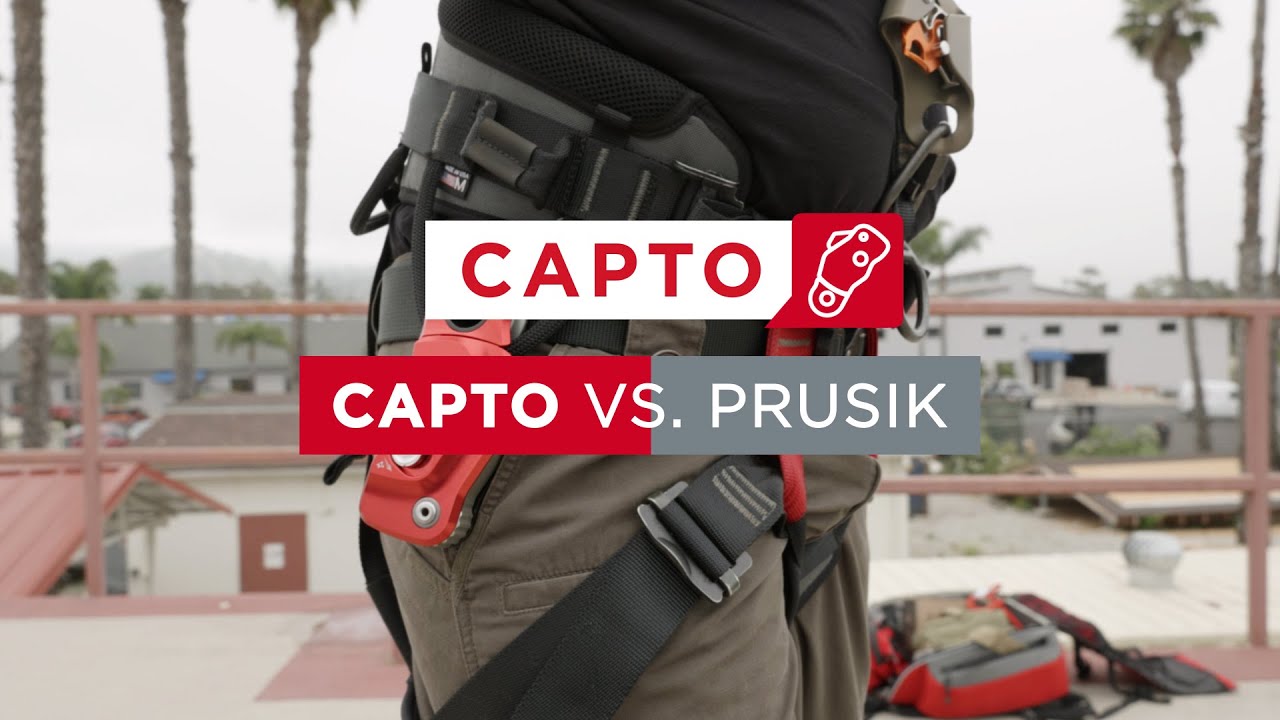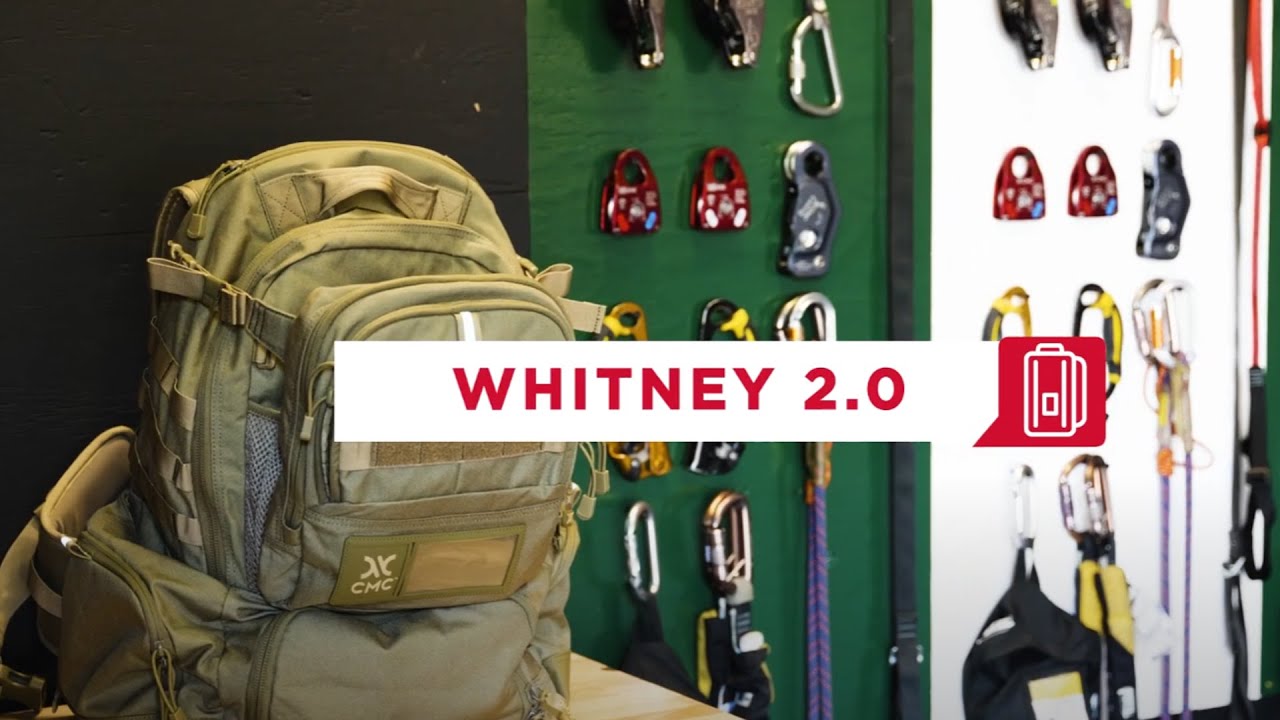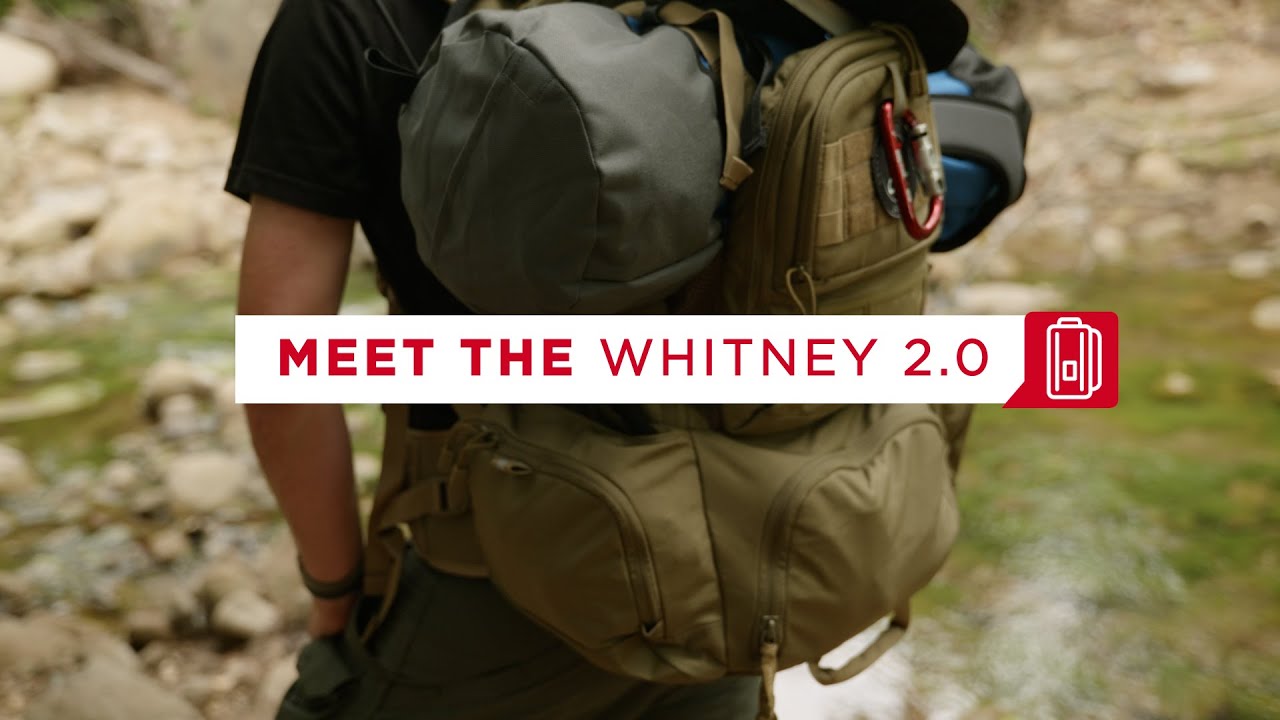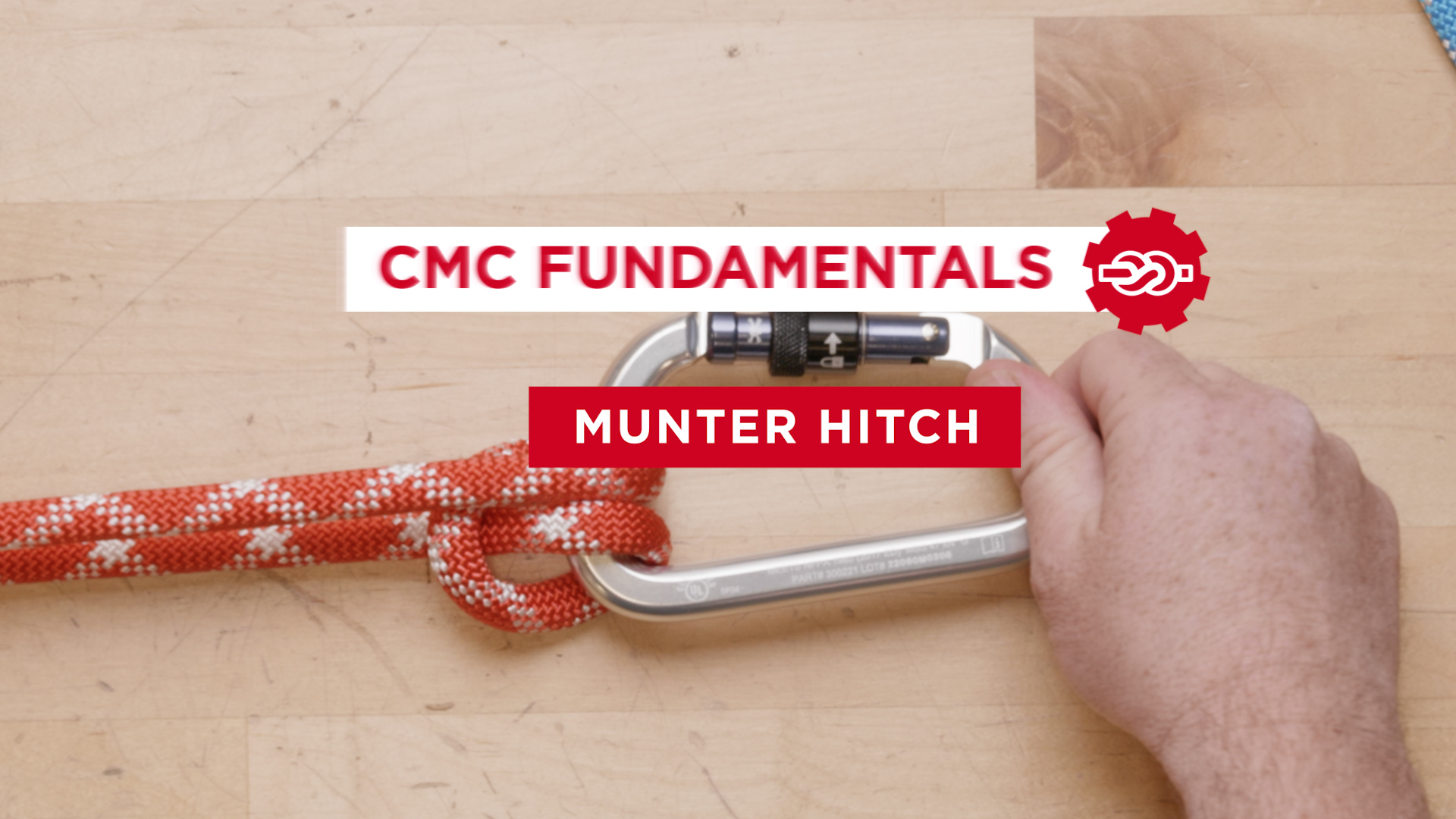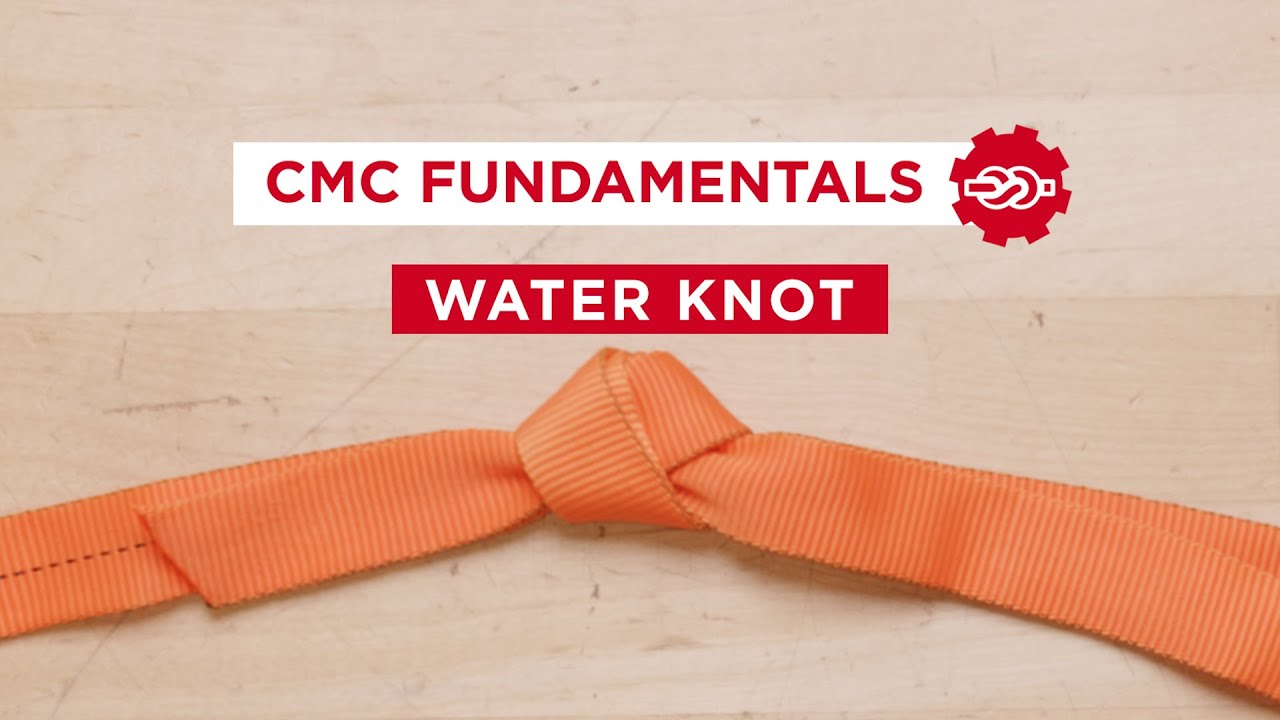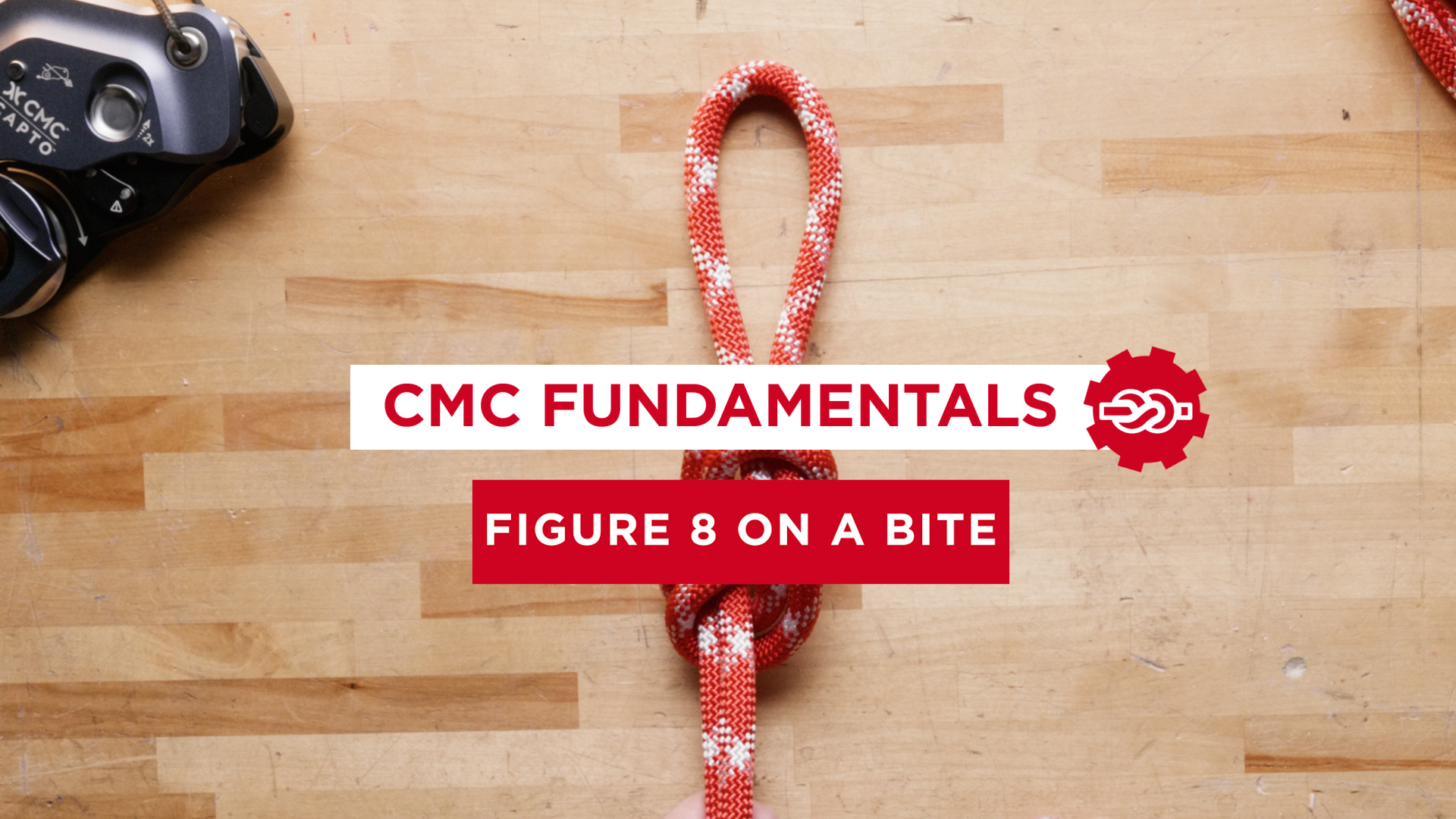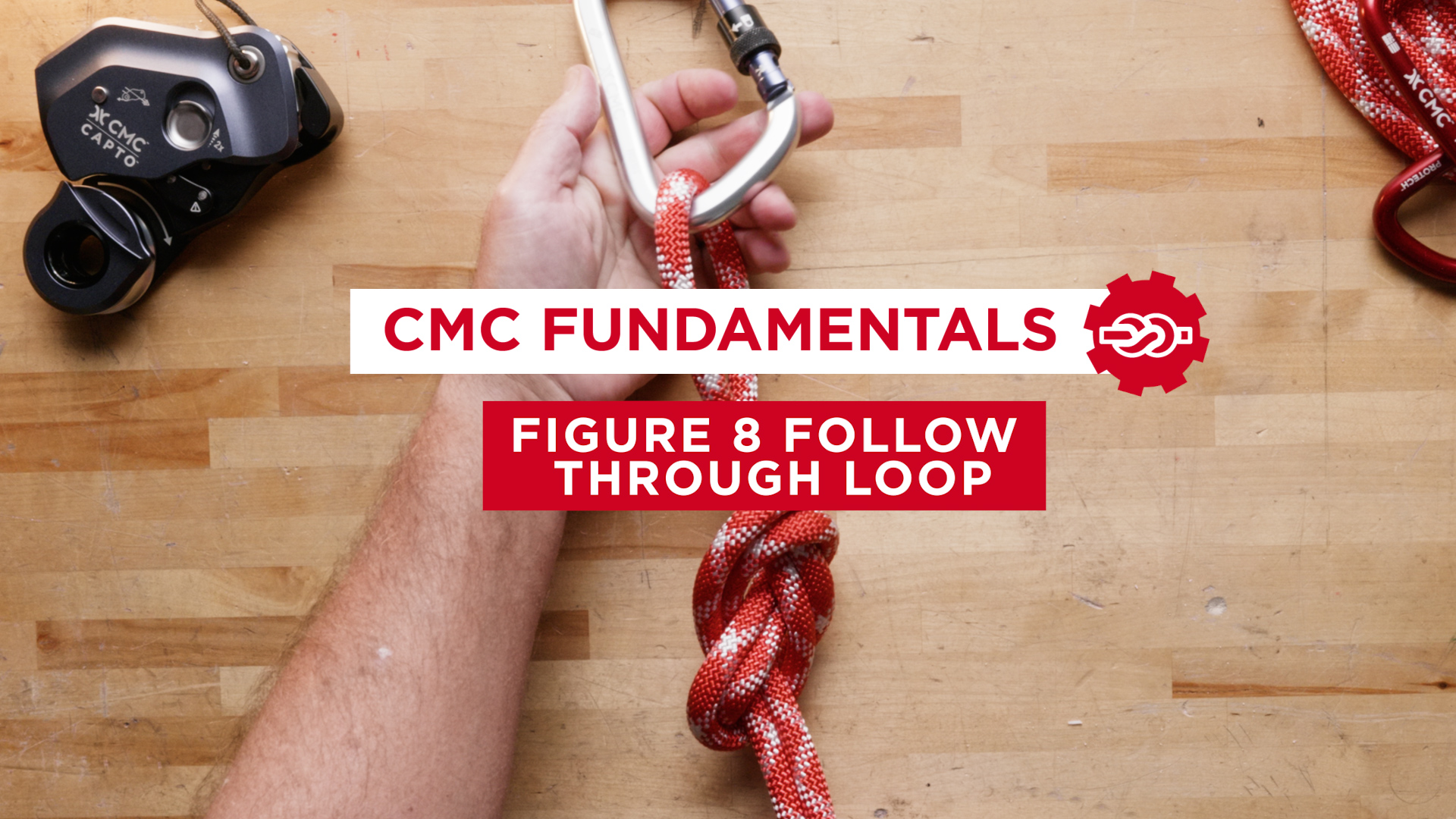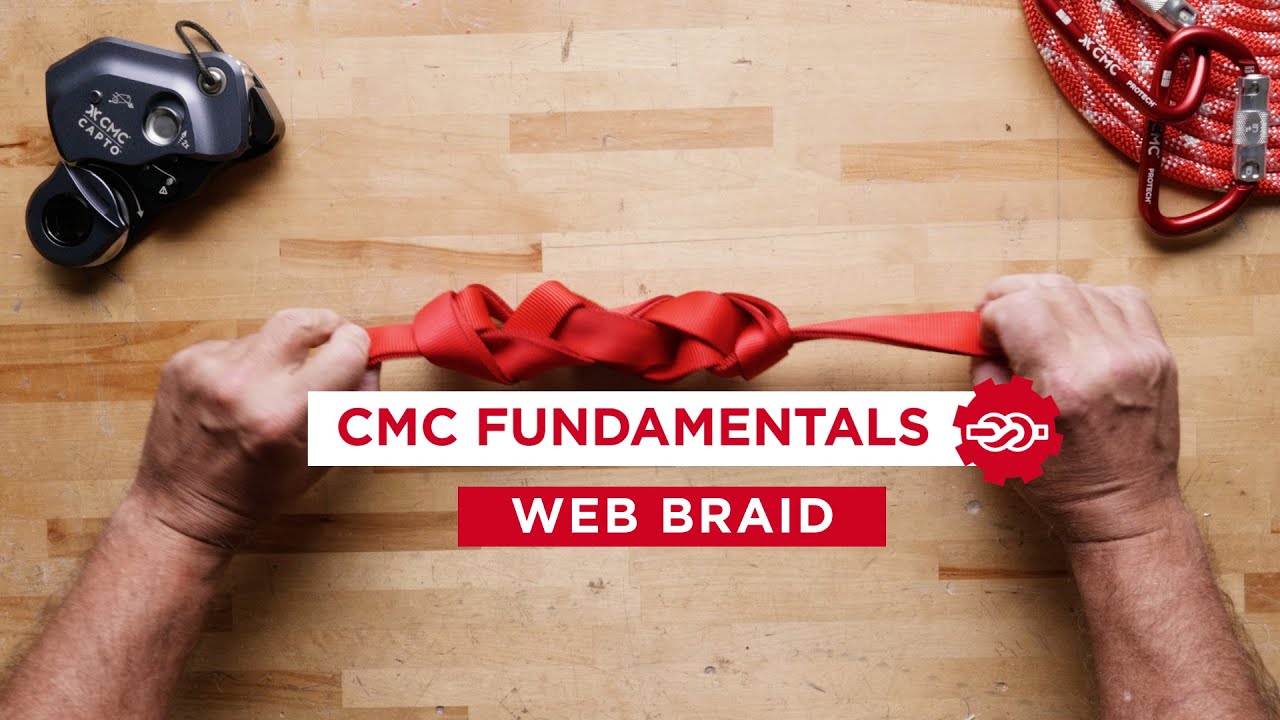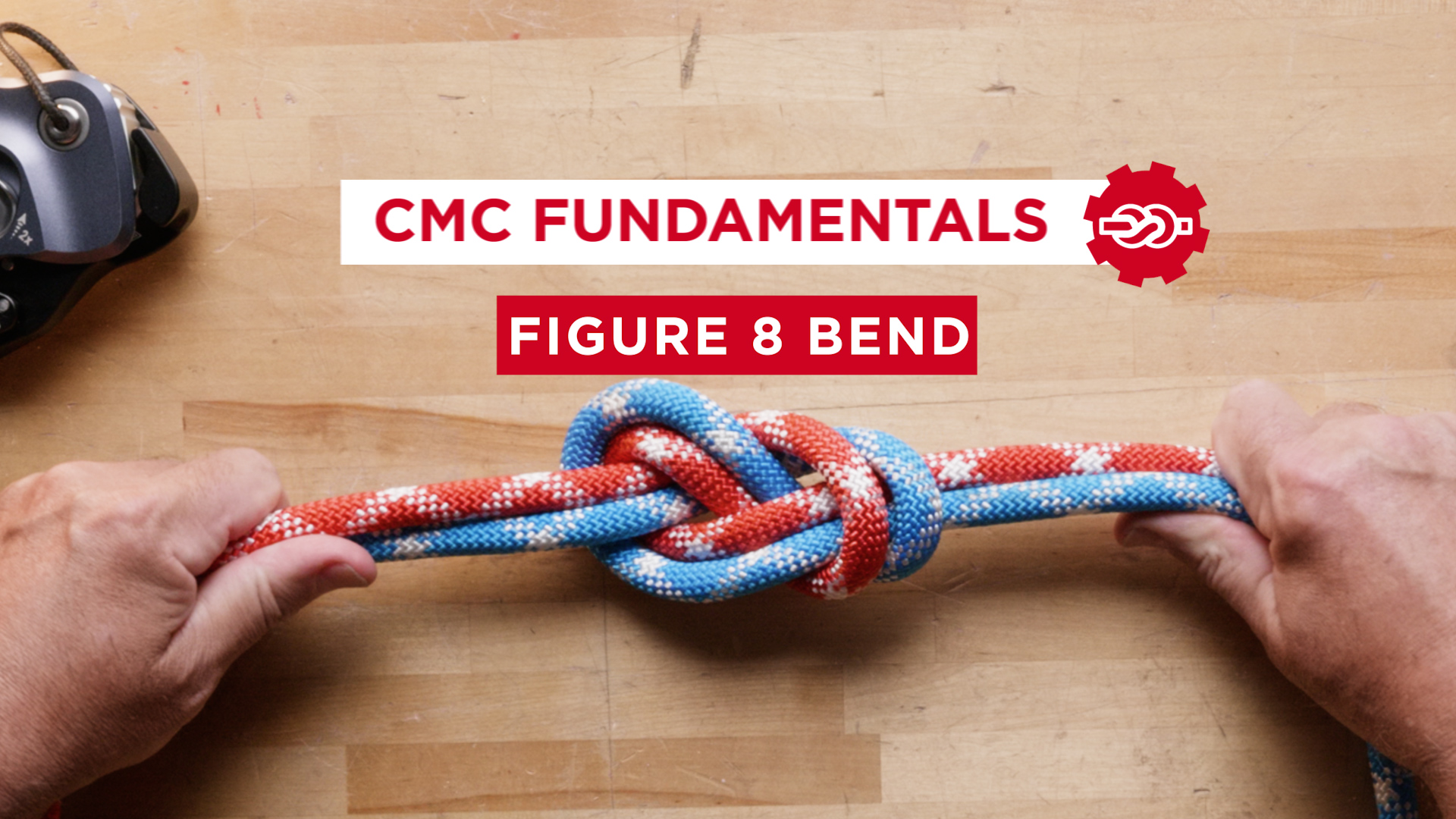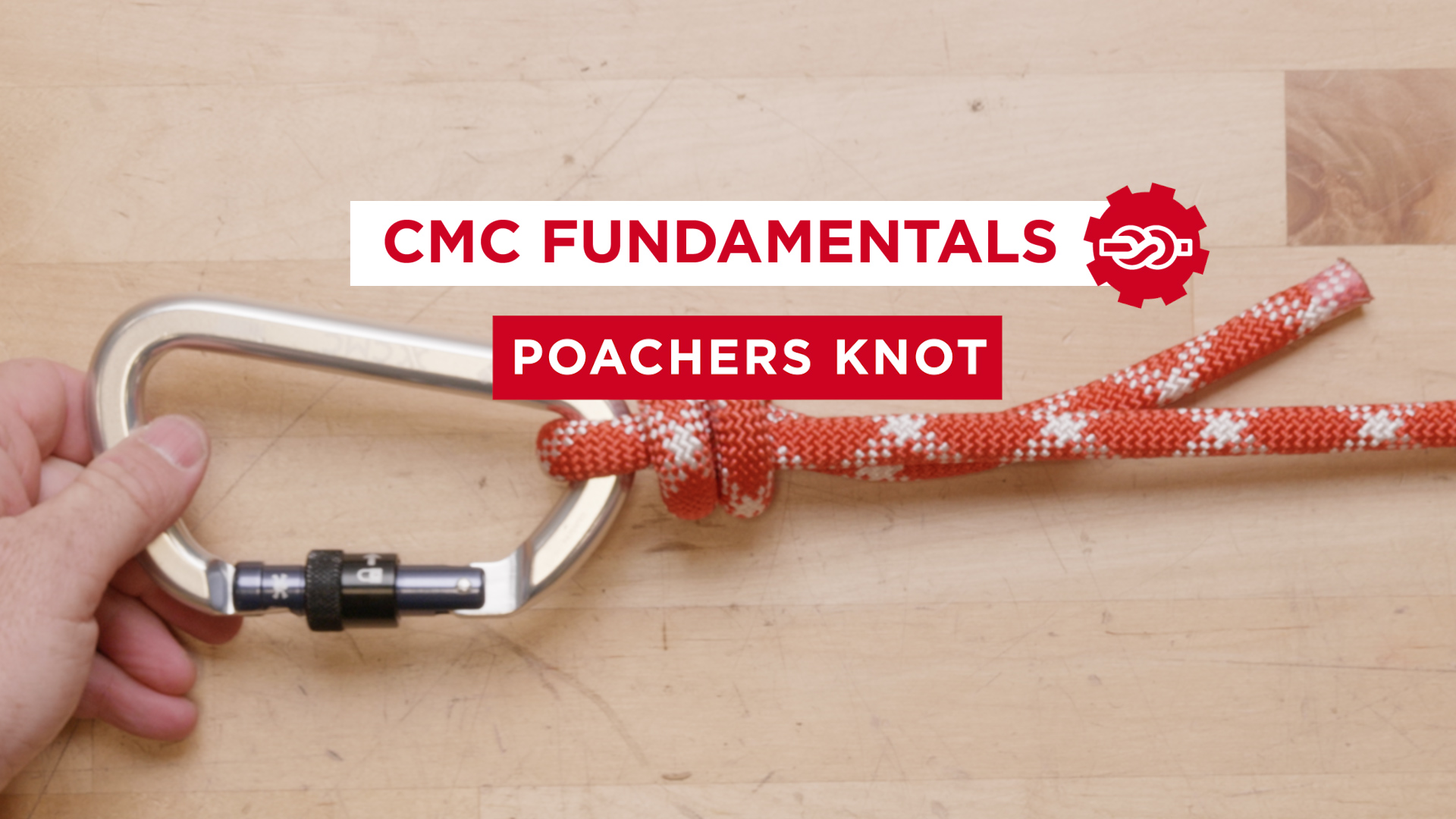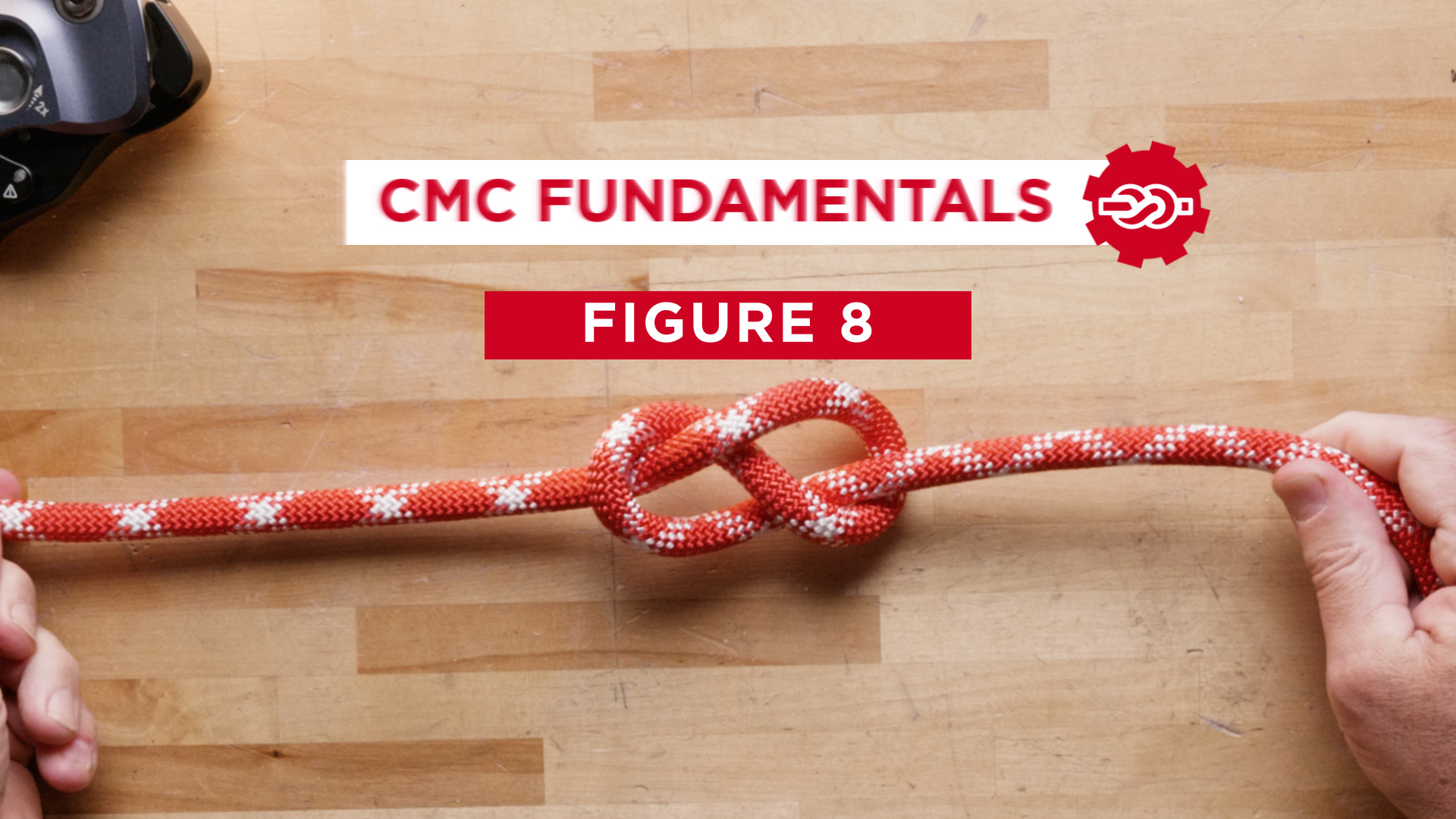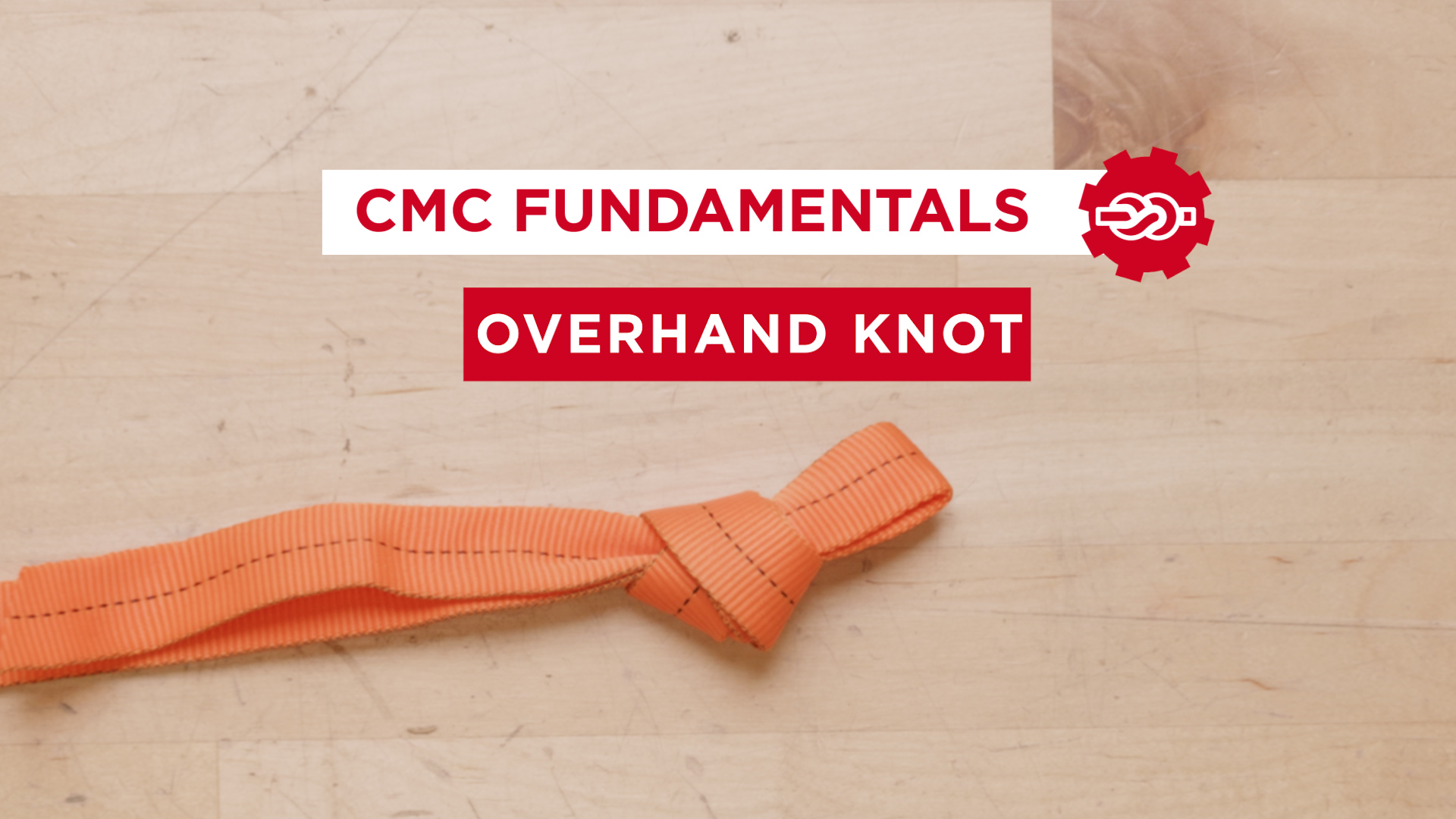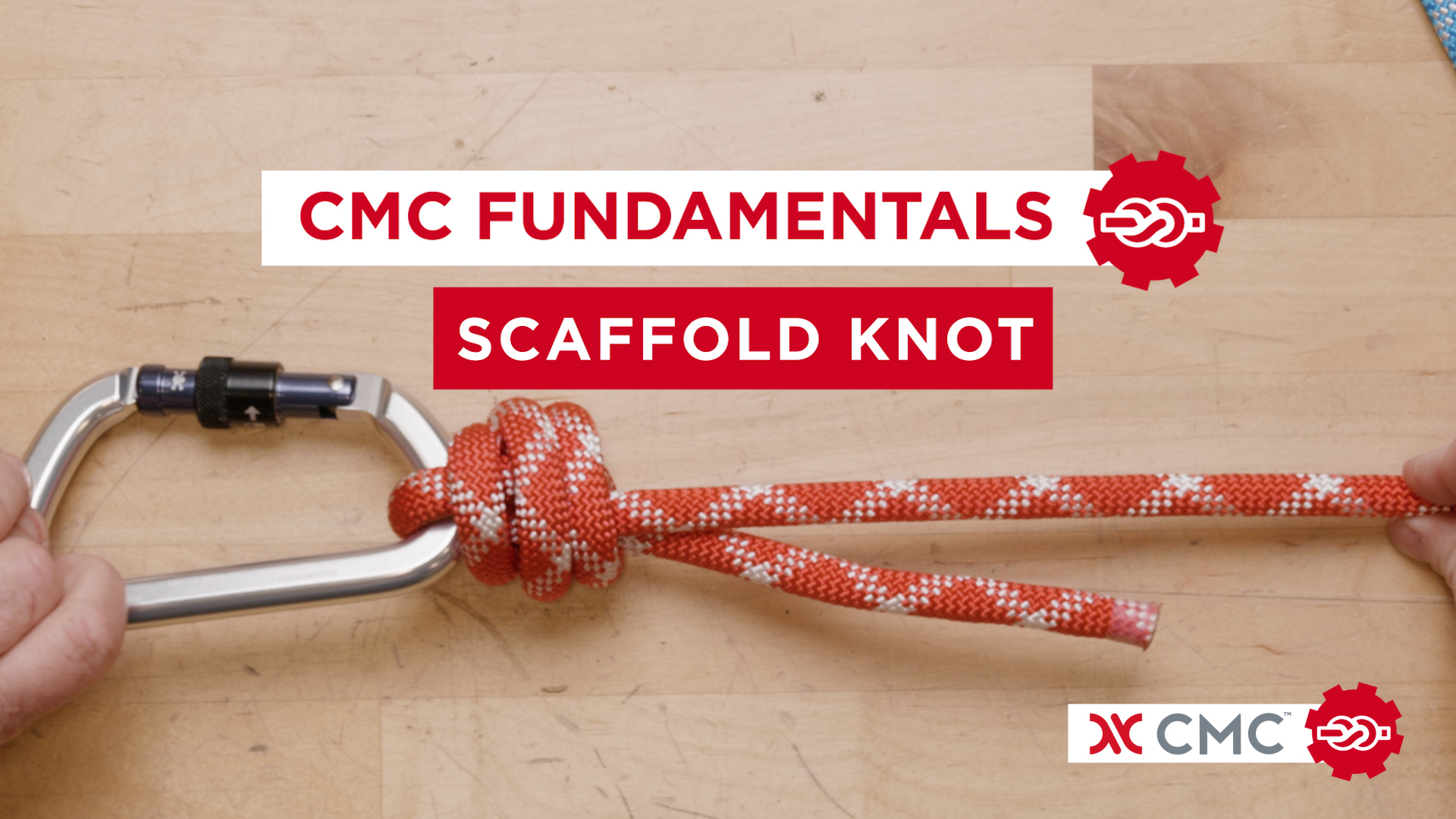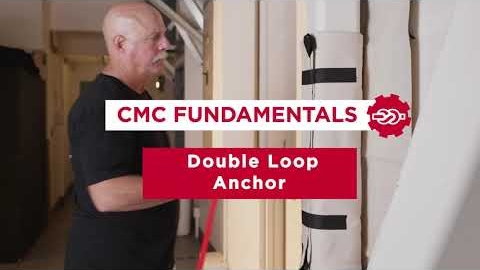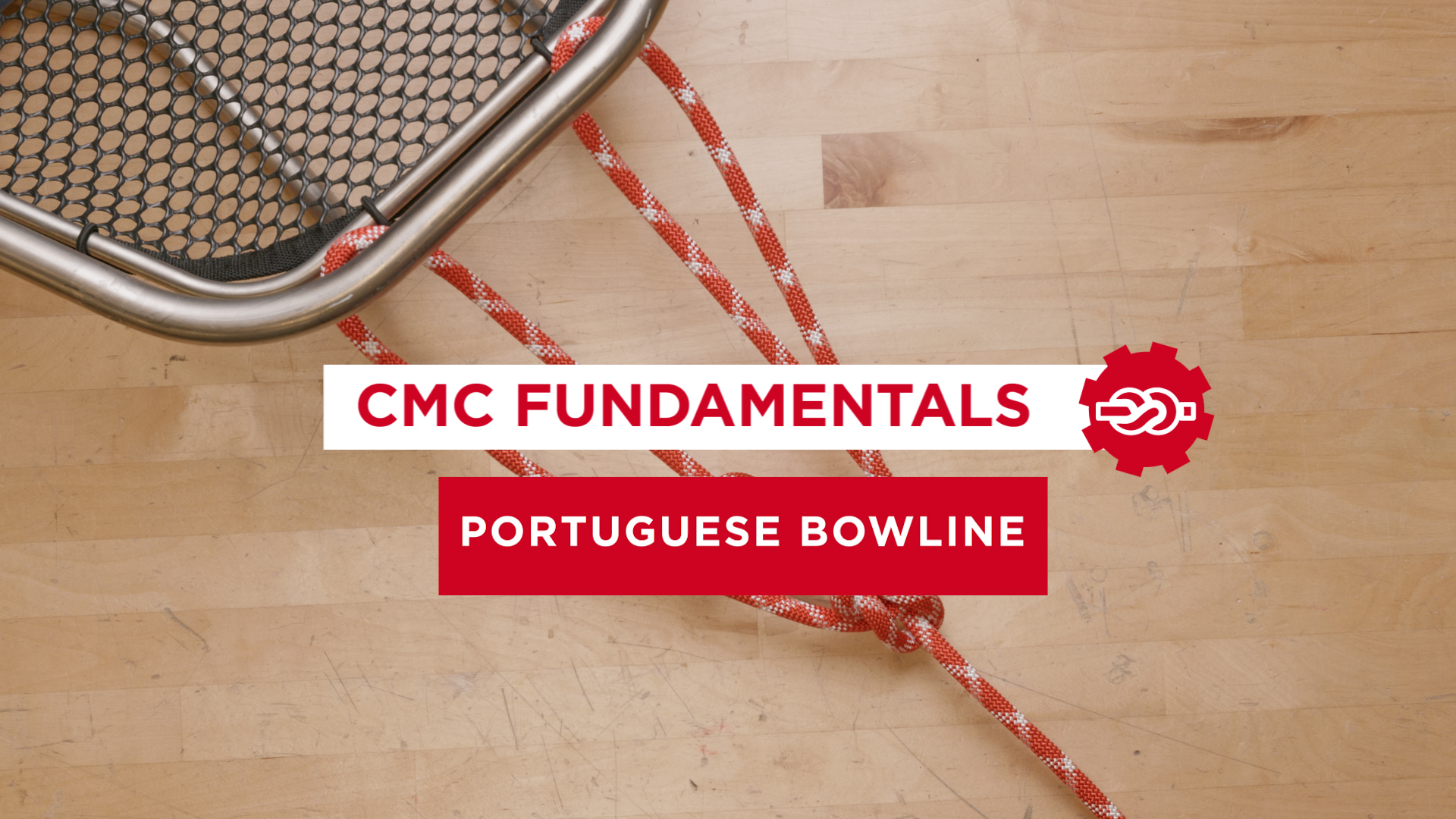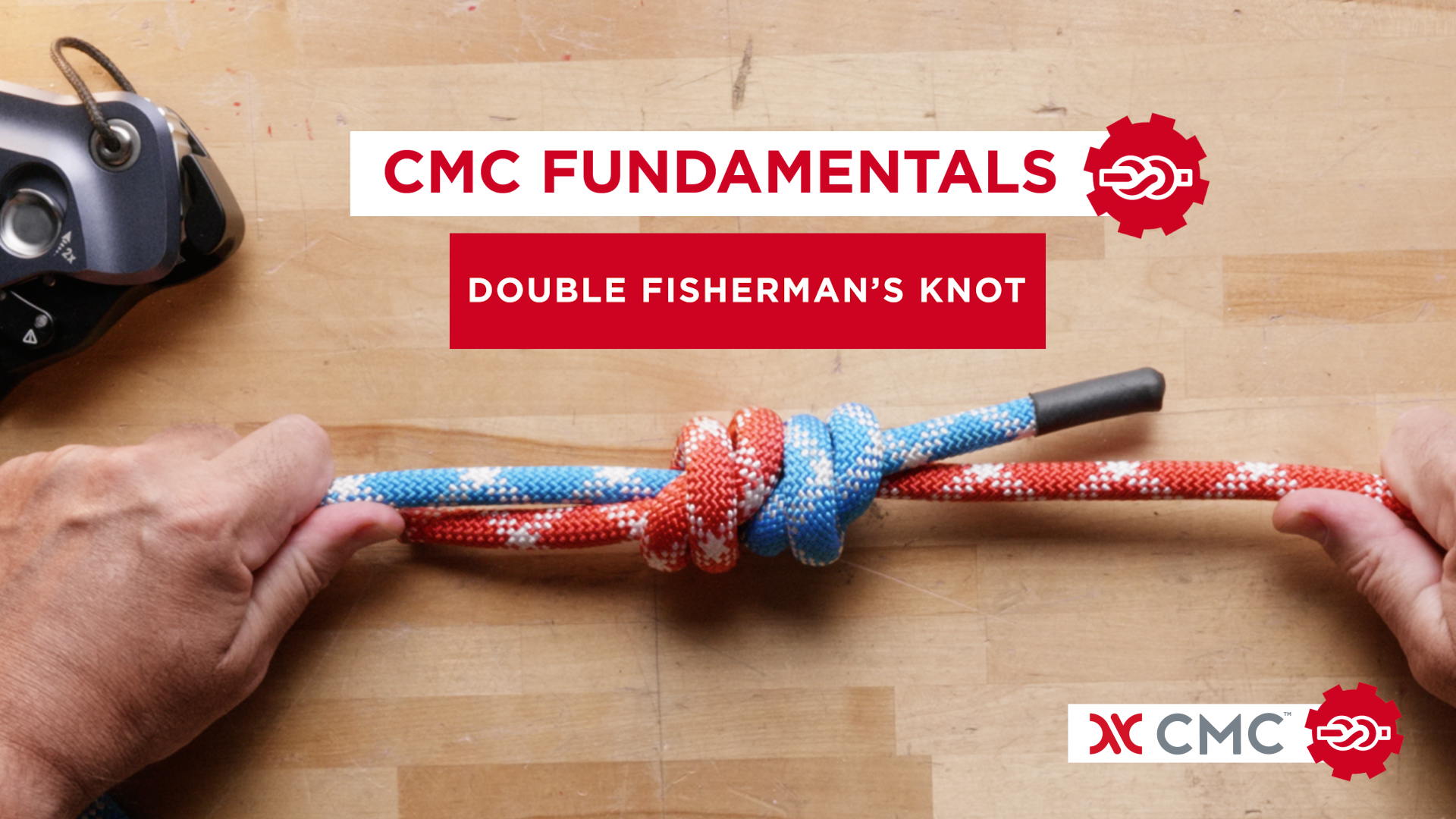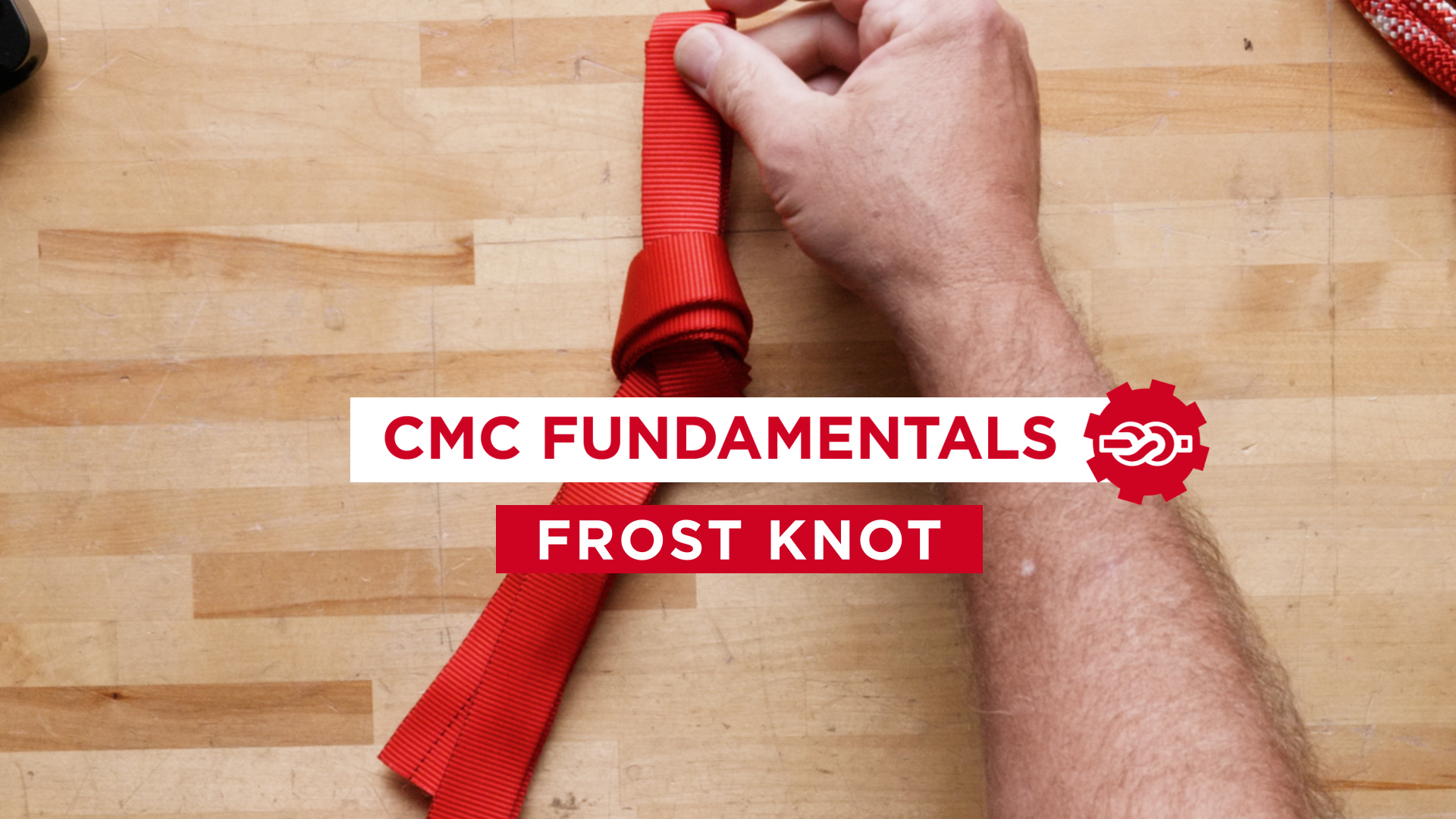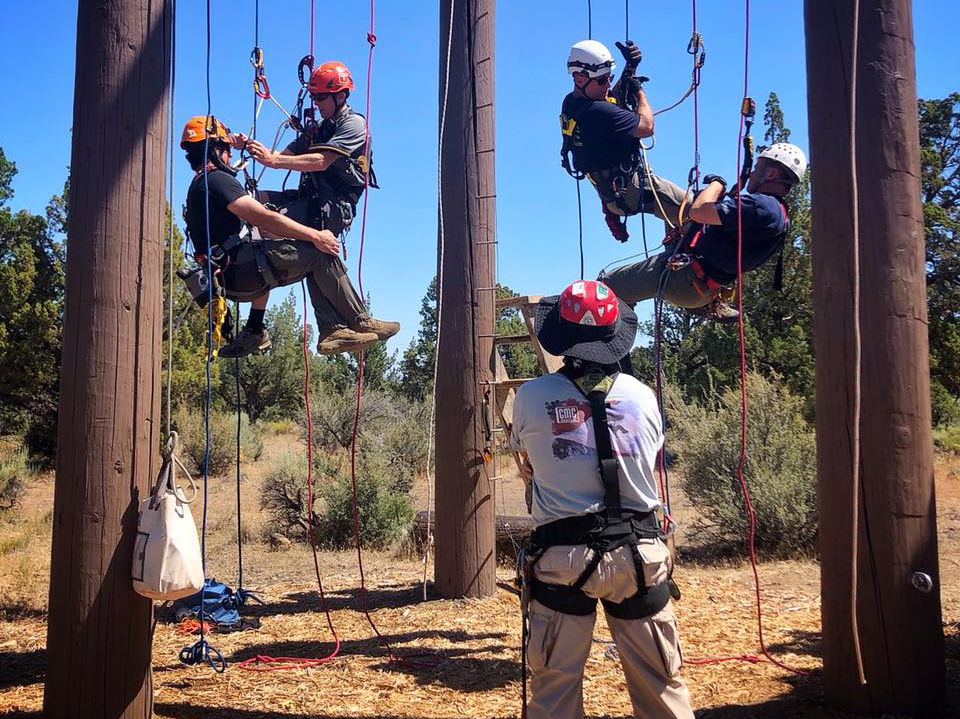
ITRA's First North American Rope Rescue Certification a Success
In a follow up to our original post about the International Technical Rescue Association (ITRA), we hear from our very own CMC School Senior Instructor LeRoy Harbach on his recent experience with ITRA’s first North American Rope Rescue Level 2/3 Advanced Practitioner Certification. We also learn more about the importance of such an organization in the international rescue community from course instructors Tom Wood and Richard Delaney. (**All images courtesy of ITRA.**)
Several years ago, veteran rescue professional Steve Glassey set out with a vision to create a worldwide training network that would help rescue communities around the world improve or evolve their technical rescue capabilities to meet a globally recognized standard.
Today he’s achieved that goal in founding the International Technical Rescue Association, an organization whose official mission is to:
“Promote international best practices and standards for technical rescue, improve the global portability and recognition of professional rescue qualifications, and provide local flexibility in delivering technical rescue training curriculum. Our Instructors undergo a rigorous assessment and re-certification process, ensuring in-house and commercial rescue instructors are subject to external validation.”
And with every new member that certifies as an instructor or as a qualified practitioner at any of the 3 Levels (Level 1 – Responder, Level 2 – Technician and Level 3 – Advanced), ITRA’s network continues to grow.
Recently, ITRA held its first certification course in North America. Our very own CMC School Senior Instructor LeRoy Harbach completed his Rope Rescue Level 2/3 Practitioner Certification in a 6-day event hosted by Vertically Speaking in Redmond, Oregon. Tom Wood of Harken Industrial™ and Richard Delaney of Rope Lab taught the courses.
In his own words, LeRoy writes:
“’Quite a week’ was a phrase both said and heard often during the ITRA Rope Level 2/3 training and certification event hosted by Vertically Speaking in Redmond, OR. The six-day event was attended by 10 rescuers of varying backgrounds and specialties from cave rescue, municipal firefighters, rope access, rope rescue, mountain rescue, water rescue and one old guy, me.
The primary focus for the week was to review the L2/L3 Rope techniques as listed on the ITRA website and then conduct an optional skills assessment over the last 2 days. While the assessment was optional, all the attendees participated in the evaluation. This meant all the participants earned their certification as ITRA Rope Level 3 – Advanced Practitioners.
At the onset, we split into two groups, each with its own instructor. We covered the skills portion with our assigned instructor, and were subsequently evaluated by the other instructor, allowing for an independent and unbiased evaluation.
Over the next several days, we reviewed best practices and shared ideas and techniques in various rescue scenarios. A written evaluation prompted good discussion, and we later had the opportunity to practice skills for the upcoming assessment.
On the second to the last day, we took part in a 12-station assessment. Some of the stations were “observed skills,” where the evaluator watched a technique being performed; and some were “completed skills,” where the evaluator evaluated the completed work to ensure it met the criteria to pass. Throughout the assessment, each candidate was allowed up to two discrepancies. A third discrepancy would constitute a failure and the evaluation would be terminated.
While the assessment proved to be a challenge, I’m pleased to say all participants in the group passed. And since all completed the evaluation on the first day, our last day was spent sharing ideas about rescue, rigging, arborist access and conducting some informal training.
Overall, the week was well spent. The skillset, sharing of information, and background of everyone in the group was top-notch, as was the instruction/evaluation. Everything was kept above board and there were no surprises. Each person had to earn their way through the evaluation, and we all learned from each other as well as the instructors.
But in my opinion, the best part of the week was feeling that everyone checked their ego at the door and put their critical thinking hats on to discuss differences in technique and equipment without malice – merely a different way to accomplish the same mission. I would encourage anyone reading this to learn more about ITRA and get involved.
Special thanks to Eddie Cartaya and Vertically Speaking for hosting the event!”
As instructors, Tom Wood and Richard Delaney are strong proponents of ITRA’s mission. Tom states that:
“The international rescue community has been in search of a consistent way to verify the competency of the rescuers who take technical rope rescue seriously. With ITRA’s model of independently administered skills assessment, the organization is really on to something. The tools and techniques that we use in technical rope rescue are constantly evolving. If we base our entire approach to technical rope rescue on the curriculum and tools used in a dated, attendance-based, jurisdiction-specific certification that doesn’t force us to periodically demonstrate our skills, then we are doing a disservice to the folks who need us to be at the top of our game.
The fact that an ITRA certified technician has to demonstrate competency every three years to remain current is a major selling point for me. It’s also exciting to be a part of this organization at this early stage of its development. I think that by supporting ITRA, we are giving back to the rescue community and challenging ourselves.”
Richard Delaney adds:
“The [Redmond, OR] program was the first ITRA Rope Rescue assessment in North America and it saw a diverse group of technicians turn up for the event. All the participants passed and can now present a meaningful qualification to a European agency, as well as stand tall in a field of international rescue technicians.
I am very excited for the future of ITRA. For me it is purely about technician wellbeing. I have been involved with many organizations from all over the planet and I have been asked to help investigate too many accidents and near misses. I truly believe those involved in all of these incidents were genuinely trying to do their best based on all of their training and systems of work. ITRA has the capacity to improve these and make technical rescue better for all involved.”
Through the vast expertise and experience of its instructors and growing number of practitioners, the International Technical Rescue Association is gaining traction as a viable global network seeking to standardize and evolve rescue techniques and training all over the world. With access to such resources, rescue teams from all around the world could critically improve their response preparedness and effectiveness creating a safer place for all. We encourage anyone interested in furthering their training, or putting their years of experience to use as an instructor to learn more about ITRA at https://itra.international/.
In addition to memberships, corporate sponsorships help provide additional support to ITRA. CMC is a proud Platinum Founding Sponsor. Visit ITRA’s website to learn how to become a founding sponsor too.

